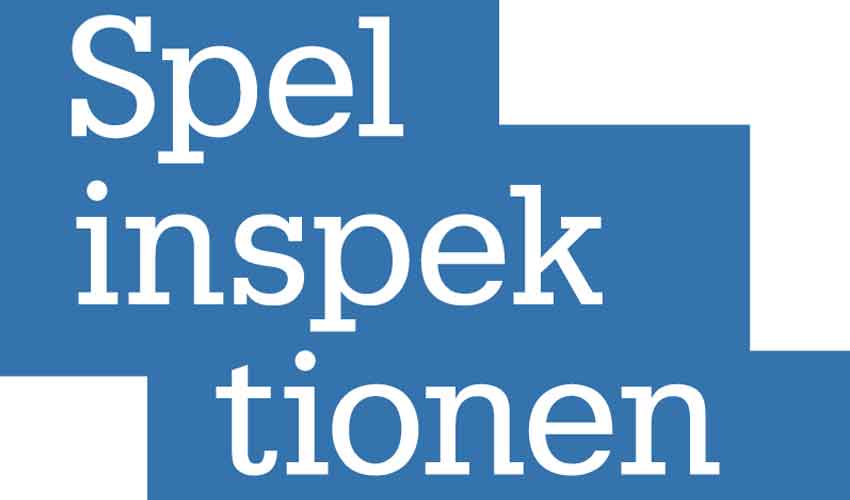Following a request from the gambling industry, Spelinspektionen, the Swedish gaming regulator, has published new guidelines for online gambling operators on how to combat money laundering and terrorist financing.
Spelinspektionen issued summaries of the risks of financial offenses, relevant legislation, obligations of operators, and best practices in the document.
As the executive director of Spelinspektionen, Camilla Rosenberg said that “The gaming industry is a risky area for money laundering and we have seen the need for clarification and guidance in this area. This guide will lead to a better understanding of what is expected of licensees in the Swedish market ”.
The money laundering law requires licensed companies to take risk-based measures to prevent the company’s use of money laundering and terrorist financing. Resources should be used mainly where the risk of money laundering and terrorist financing is greatest.
According to the guidelines, licensed and gambling companies must carry out a risk assessment of their operations and have internal risk-based procedures for actions against money laundering and terrorist financing. The risk assessment needs to be continuously reviewed and updated to ensure that it remains current and accurate. Licensees must have in place internal routines and procedures for action against financial offenses, including customer awareness measures and monitoring and reporting.
The training should ensure that staff has adequate knowledge of the licensee’s routines and guidelines. This education must be adapted to the duties and responsibilities of its employees, as well as to the general assessment of the licensee’s risks.
Know-Your-Customer (KYC) standards should ensure that the identity of all account holders is verified by electronic identification. According to Spelinspektionen, operators must collect relevant information about the customer’s financial situation in order to assess his risk and to detect deviations from the expected behavior.
According to the Spelinspektionen guidelines, customers who deposit up to EUR 2,000 for a continuous period of 12 months can be considered as low risk. Those who deposit more than this, but without other AML risk indicators, can be considered a normal risk. Circumstances that indicate a high risk include unusual or irrational gambling patterns, unusually large transactions, a lack of desire to respond to customer knowledge issues, or to send documentation proving the origin of the money.
In a recent statement, Spelinspektionen stated that: “The Swedish Gaming Inspectorate considers that, in general, it would be advantageous for licensees to ask more questions when registering new customers. Licensees’ issues should focus on the origin of future deposits, and through such questions, licensees learn to get to know their customers better already on board.
“An effective way to reduce the risk of money laundering and terrorist financing can be to apply so-called closed-loop transactions, which means that the customer only has the ability to withdraw money from the account from which the deposit was made.”
In order to comply with the requirements of the Money Laundering Act, licensees should collect documents and information related to customer knowledge, information about transactions made in a business connection, and individual transactions covered by the requirement for customer judgment.
Under the Money Laundering Act, operators are required to review and report suspicious transactions. If the suspicion remains after the initial analysis, the licensee must report the case to the Financial Police.
Spelinspektionen awarded the operator a penalty of SEK 30 million for failure to fulfill its duty to care for games.
Szilaghi Consulting offers consultancy services and complete package solutions for gambling license acquisition that include:
- Gambling jurisdiction and business advisory
- Gambling business corporate structure incorporation
- Opening bank accounts
- Gambling license application


